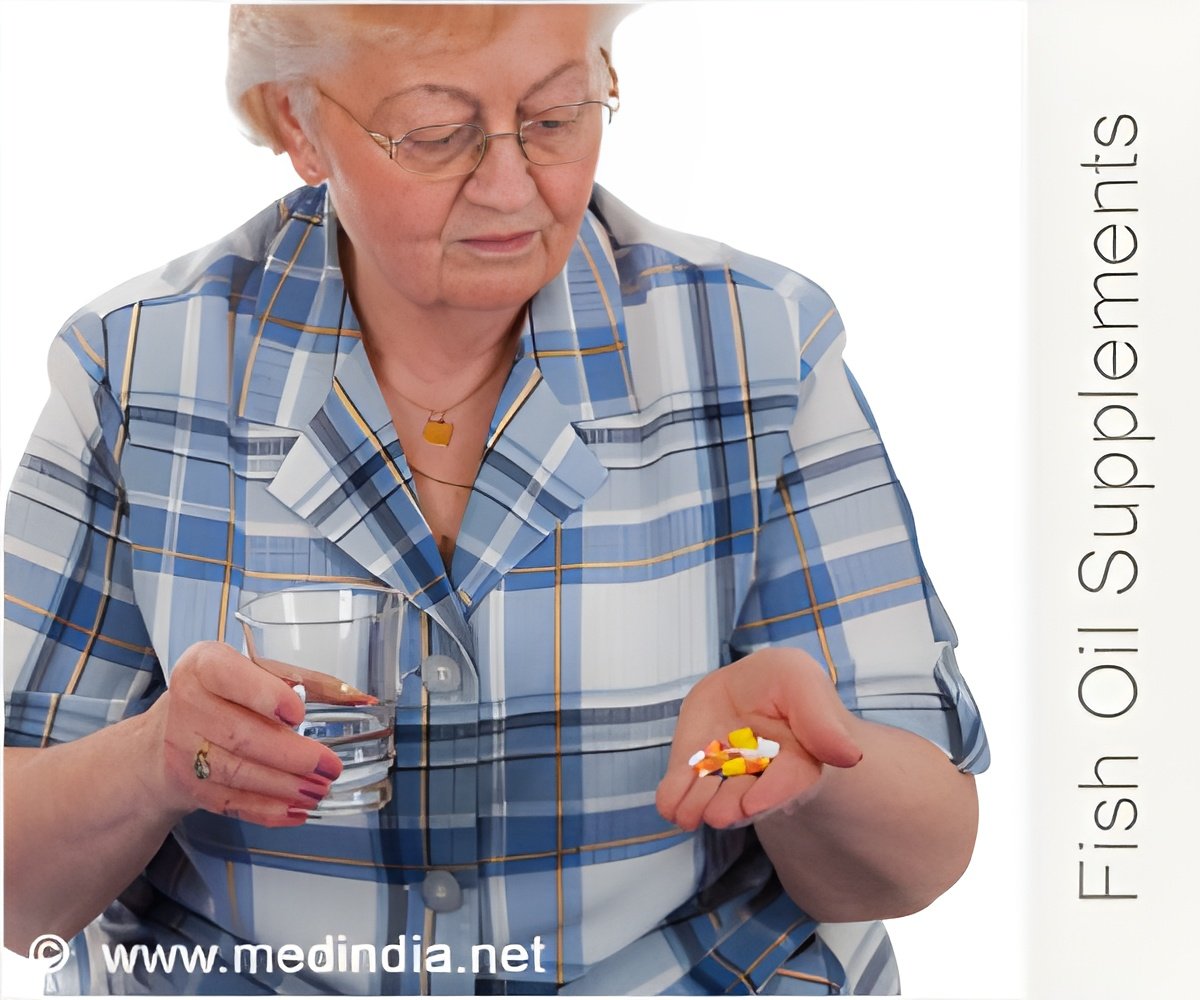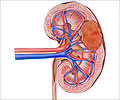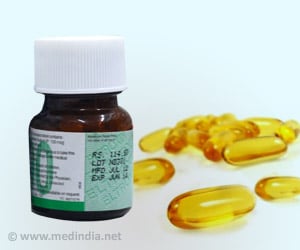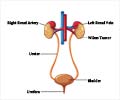Docosahexaenoic acid (DHA) reduces renal cell carcinoma invasiveness, growth rate, and blood vessel growth when combined with the anti-cancer therapy regorafenib.

TOP INSIGHT
Docosahexaenoic acid reduces renal cell carcinoma invasiveness, growth rate, and blood vessel growth when combined with the anti-cancer therapy regorafenib.
From their previous work, Weiss and colleagues knew that DHA metabolites, called epoxydocosapentaenoic acid (EDP), have the potential to restrain the ability of cancers to invade and grow blood vessels. The problem was an enzyme called soluble epoxide hydrolase (sEH), which breaks down and inactivates EDP. The study found that DHA and regorafenib are greater than the sum of their parts.
"We knew that regorafenib blocks sEH," said Weiss. "If you add more DHA and block sEH, all that DHA goes towards creating EDP, which contributes to the anti-cancer effect."
To see whether DHA complemented regorafenib, researchers tested the combination against both cancer cell lines and human tumors in mice. They found that combining these compounds killed kidney cancer cells in both models.
In particular, the combination reduced tumor growth and angiogenesis, the process by which tumors recruit blood vessels to feed their expansion. Specifically, these agents targeted the MAP/ERK kinase, which contributes to tumor growth, and the VEGFR protein, which controls blood vessel development.
"We don't have any evidence for that so far," said Weiss. "It would be premature to make that assumption."
"We would like to have oncologists implement this in the clinic," said Weiss. "It's an easy thing to tell your patient to take fish oil."
Source-Newswise
 MEDINDIA
MEDINDIA




 Email
Email










